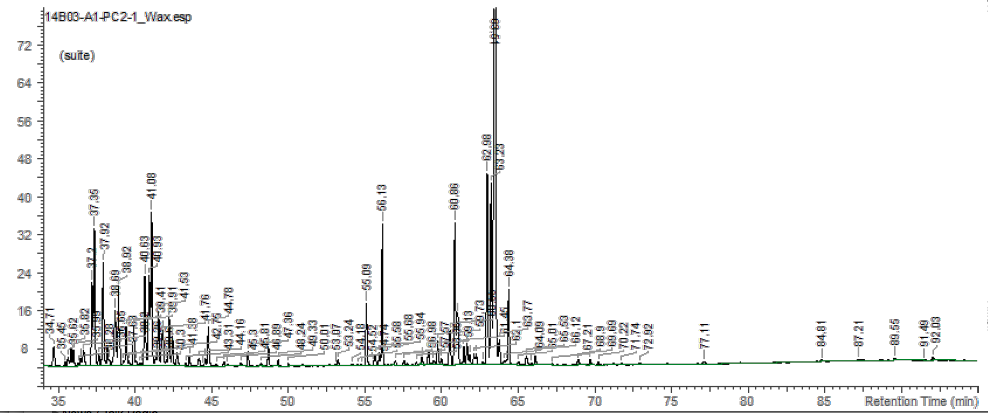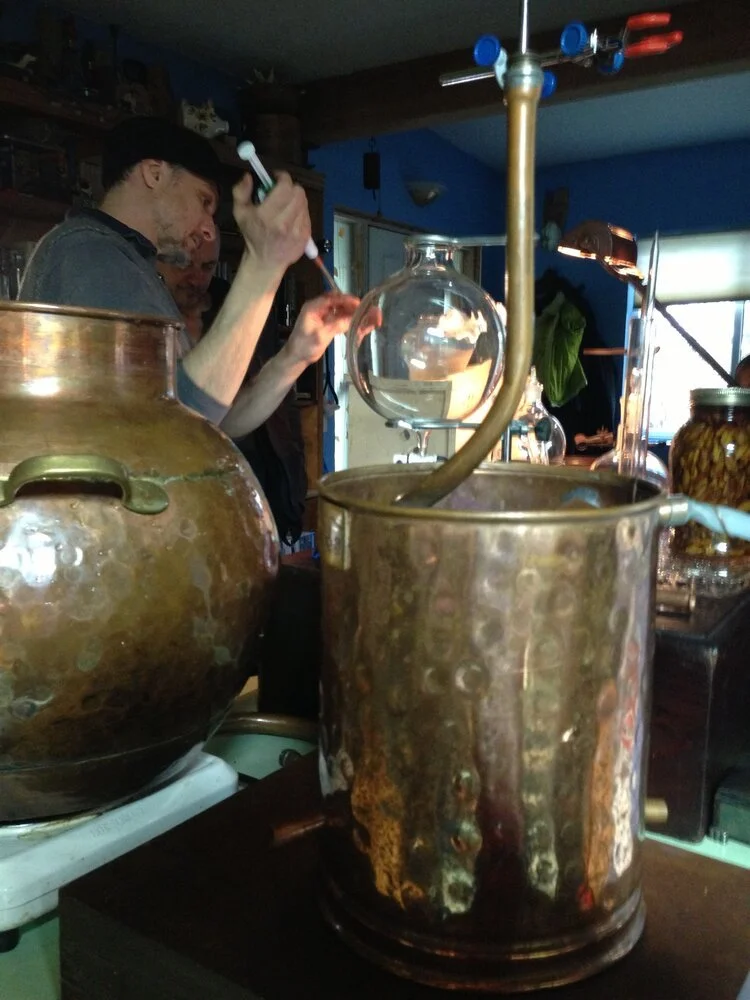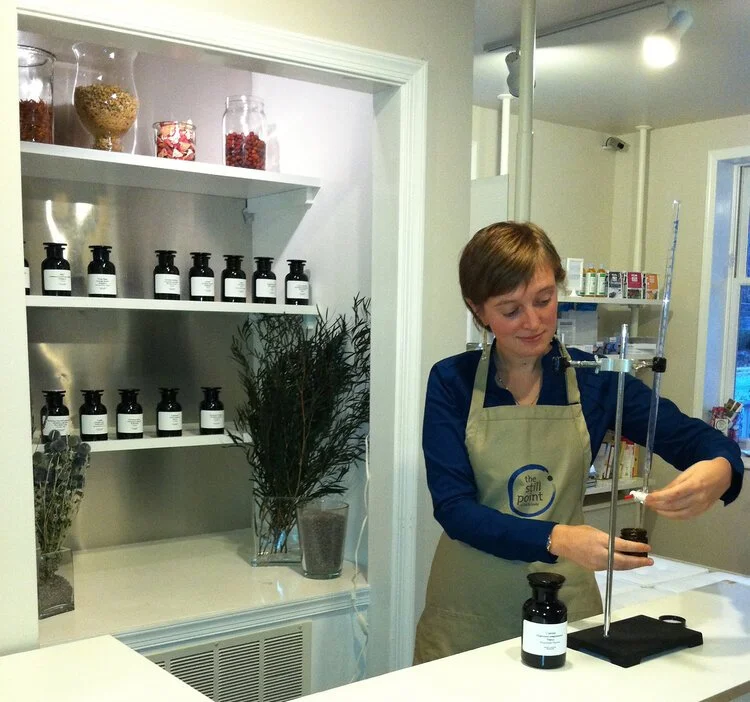Find The Best Essential Oils
How do you decide which company has the best essential oils with so many options and choices? Truth is my aromatic friends, there is no best. Essential oils can be good, great, bad, exquisite, synthetic, adulterated, authentic, and, just not best. The quality of your essential oils is extremely important. The issue with “best” is that it is a very subjective definition, and mostly a response to the “best” marketing. Selecting and purchasing essential oils is a skill. The process when purchasing exquisite and amazing essential oils involves vetting the integrity of the supplier, having some awareness of essential oil production, and factual research.
Introducing the “brand”
There is a phenomenon that has, over the past decade, entered the mainstream essential oil culture. This would be the introduction of the best “brand.” This relatively new obsession with brands is a distance from the health benefits, or even the quality, of essential oils and is deeply steeped within strategic marketing. A brand needs to promote best-ness through marketing, that’s the game. Marketing creates a very confusing atmosphere for an accurate understanding of essential oil quality and therapy. Well-financed essential oil brands are good at telling their “we are the best” story. In your search for essential oils, separate the essential oils from the branding.
Which brand has the best essential oil?
I know you want me to name a company or two, but, as I said, there is no best. I realize in the common flow of a product search there is always a desire to find the highly-rated best. Instead, what I’ll do is give some guidance on finding the best for you and your needs.
Increased demand for quality essential oils has brought in more and more producers world-wide, distilling beautiful therapeutic essential oils. Even so, there are still many essential oils sold in the marketplace that have been manipulated, containing synthetic or natural additives (adulterated), or may not even be the oils that the label says it is.
The essential oils that are best for therapeutic use, or any use really, are those that have not been adulterated. The essential oil you purchase should be the pure distilled or pressed oil from a botanically identified plant. That’s a starting point.
Are pure, unadulterated, GC-tested essential oils the best?
Trick question, there are no best. In the world of selling essential oils, reputable sellers (or brands) will clearly identify all the conditions that explain the quality of their oils. The main points made to qualify the companies assertions of quality are:
Pure - nothing added (synthetic or natural) to the oil.
Identified botanical source - The oil in the bottle is identified by the plant’s botanical name along with the region it was grown and produced. Example: Cape Chamomile (Eriocephalus punctulatus); South Africa.
GC/MS (gas chromatography/mass spectrometry) tested - a scientific analysis of the molecular structure of the essential oil, generally used to determine if the oil has been adulterated.
The producer and production value - The who, the how, and the where of essential oil production. This describes the quality of the distiller and cultivation methods.
When making a determination of a better quality essential oil, the most important aspect is that the oil is not adulterated. Most sellers try to assure they have an unadulterated, or pure, oil by having it GC/MS tested. This test requires a skilled scientist with the skill and experience to accurately read and interpret the analysis. With the best intentions of the company, the oil, even GC tested and analyzed, may still be undetectably adulterated.
A Partial View of a Gas Chromatograph (GC) of Balsam Poplar (Populus balsamifera) essential oil.
GC/MS is touted as a sign the company has quality oils. Presenting a GC to the consumer is really a marketing tool, making the assumption that if science is used then science must mean its good, whether you understand the science or not. The GC has its value, though proving a best or better therapeutic quality is not one of them. Ask the seller to show you the GC and explain why it demonstrates a good quality oil, likely they won’t have a clue but may have a nice story to tell.
If your supplier knows the distiller they are buying from, a GC should not be necessary. Being familiar with the distiller means you trust they sell the very oil distilled, untouched. This is the most valuable way to source essential oils, know the distiller.
1 of 4 pages listing the identified compounds from the Balsam Poplar GC chromatograph. This is not at all similar to the simplified versions shown on sellers websites. Though only an expert in GC analysis will be able to detect adulteration, this information is helpful for therapeutic analysis to the trained essential oil expert who understands the chemistry. See my book Easy Essential Oil Chemistry.
The skill of the distiller and production value
The most valued, complex, and beautiful essential oils come from skilled distillers. These are the people responsible for that best oil you’re looking for. The more you know about the person producing the oil, the more you can estimate the quality. Distilling essential oils is an art. Do some research on the science and art of distillation. Essential oil quality is primarily determined by the plant’s cultivation and artful distillation.
No best wine either
There are many similarities between wines and essential oils. You never hear a wine referred to as the best brand. It’s about the vineyard, the vintner, the importer, the sommelier, and the people trusted to sell good wine. Similarly, with essential oils, it’s about the region, cultivation, distiller, and the people you trust to find and sell exquisitely distilled essential oils. Like wine, quality varies and is subjective. Essential oils can be chosen by a favored distiller from a favored region, as wines are. Personally, I favor French wine and French lavender.
Mass-produced (or industrialized) wines are widely available, like large-production essential oils sold by the bigger corporations and distributors. The desired vintner who puts a lot of personal care and attention into their wine can only produce in limited quantity, retaining the quality and complexity expected and sold only through specific sellers. This is the same for essential oil producers. The smaller producers, showing great care in all aspects of deriving the oil from the plant, maintain the nuance, character, and complexity not found in vast quantities produced in industrial essential oils. Industrialized doesn’t assume the essential oil is adulterated or compromised.
Careful and delicate harvesting of rose petals in Bulgaria
Larger production doesn’t always make the essential oil bad or poor quality either. For many large-scale produced oils, it is often only detected as missing the mentioned complexity and nuance by an experienced essential oil practitioner or “nose.” There are a few essential oils I buy suitable to my purposes that I would consider to be mass, or industrial quantities. Small, intimate production is a preference. The bigger essential oil companies selling to a huge audience will need mass quantities, large production, of essential oil.
It can be assumed the oils from large production will be missing the passion (“the love”) of a hands-on distiller producing much smaller quantities. Compare this to a product you bought for years from a craftsperson and the difference when they go to mass production. The product seems the same, but you can sense the change. Choosing industrial over small batch is another factor in your personal consideration of the best oils for you.
What about therapeutic grade?
There are no standardized grades for essential oils. Therapeutic grade is a marketing term referring to a perceived higher quality of essential oil that has the expected medicinal or therapeutic properties.
Here’s where that term really falls apart. Using the wine analogy again, compare a brand like Yellow Tail with a Bordeaux of limited production from a known vintner. The industrial brand of wine, known to use additives (adulterants), and the fine Bordeaux are both therapeutic grade, both will get you drunk. Almost any quality of essential oil can have therapeutic properties. Logic would suggest that a natural adulterant will have the therapeutic properties known of the natural compound. Adulterating a more expensive oil with cheaper oil, say lavandin in lavender, is no different than blending oils at home - except for the deception. I’m not suggesting this is ok or is effective aromatherapy. It isn’t. It does show the limits of certain terminology and it’s just confusing to a novice who buys a heavily adulterated oil from Walmart and found it still worked for their headache, and was a quarter of the price you charged them for seemingly the same oil. They also like Yellow Tail.
If it irritates it must be synthetic or adulterated, and won’t work
I was thrilled and disheartened by a study I read that identified sandalwood as wound healing due to binding with olfactory receptors in the skin (thrilled to know of the receptors in the skin). Actually, it wasn’t sandalwood, it was Sandalore®, a synthetic sandalwood. This is disheartening because synthetics aren’t supposed to work or be therapeutic grade.
The essential oil causing irritation doesn’t mean it’s adulterated or synthetic. Complex, well distilled, unadulterated essential oils may cause irritation to some individuals, at times due to their complexity. Adulterated or synthetics may not irritate due to being manipulated to avoid this very thing. Rules I was told early on, and continue to hear through educators and sellers, aren’t necessarily accurate. Irritation and lack of effectiveness aren’t always a sign of adulteration or synthetics (or detoxing). Just saying.
Being told you can take an essential oil internally doesn’t prove quality either. Look at what’s being sold as edible with synthetic flavorings. Claiming the essential oils are pure and therapeutic because you can take them internally is another marketing technique. I’ve seen what people are willing to put in their mouths.
Sorry I didn’t make this simple
I likely made this journey to purchasing the best oils a little complicated. That’s because it is, even for seasoned users. My mission is to address misinformation and marketing hype, including social media’s reports on “The 10 Best Essential Oil Companies” - they’re not the 10 best. These list writers usually make money through affiliation or give standards that don’t really define beautiful high-quality essential oil.
Ignore the GC or grading hype. Even those labeled organic and from a sustainable source can be poorly distilled, though organic is important and desired for environmental concerns (and required of pressed peel oils).
The oils you choose could be based on your needs. A connoisseur or professional therapist (really everybody) should demand skillful distillation and complexity, mostly acquired through small-batch producers. Limited production comes at a higher cost, and is worth it. Therapeutic unadulterated essential oils from industrial, large production may be fine for many home users who like to buy from the brands (though not my recommendation). And be aware of the “photo-op” with the small farms and distillers some mass sellers post on their website. It would be questionable that a small-batch distiller is capable of producing the larger quantities these big companies require.
I’m often asked about the network multi-level marketers’ quality. These companies require large amounts of essential oil and appear to do well at maintaining their demand, and with good stories. Due to their pricing structure, unless you want to do their business model, you can get lower costs from similar quality non-MLM sellers.
The journey is yours, do your research and some study of essential oils, distillation, and cultivation to help you find a supplier(s) you trust. I stand by suggesting avoidance of the big-name brands (usually the ones on the top 10 lists) while seeking knowledgeable smaller sellers that include distiller information. Trust is all you have to work with. Download the free guide for more help.
You have not listed suppliers. Who has the best essential oils?
I do.







